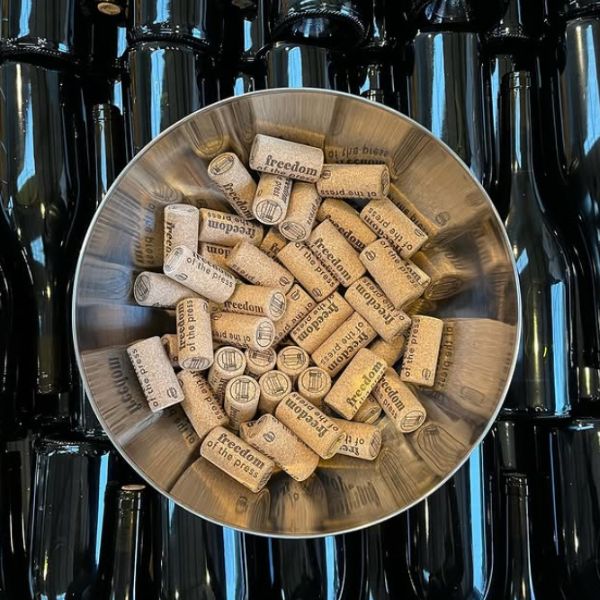The Brief
Freedom of the Press Winery is an urban winery in the Cotwolds, producing small batches of fine still wine from grapes grown in English vineyards. Founder Gavin Carver's production aims were:
- Fermenting & aging in a variety of vessels, including stainless steel to accommodate different batch sizes
- A press & destemmer designed for gentle grape handling & flexible processing
- Room temperature control in the vessel room
- Comprehensive back-up services
The Solution
We supplied an Enoveneta PPC9 pneumatic press, an Enoveneta TOP5 destemmer, a Quantor/Kreyer MR135 thermofan, and a variety of Speidel variable capacity tanks.
The Result
'The press and destemmer have behaved flawlessly. They are easy to use and to clean, and very gentle on the fruit, something that was really important to me.’
'The tanks are well made with almost invisible seams, so great for cleaning. The cooling jackets were extremely important for managing temperature in fermentation and keeping a stable, controlled fermentation.’ - Gavin Carver, Founder of Freedom Of The Press










